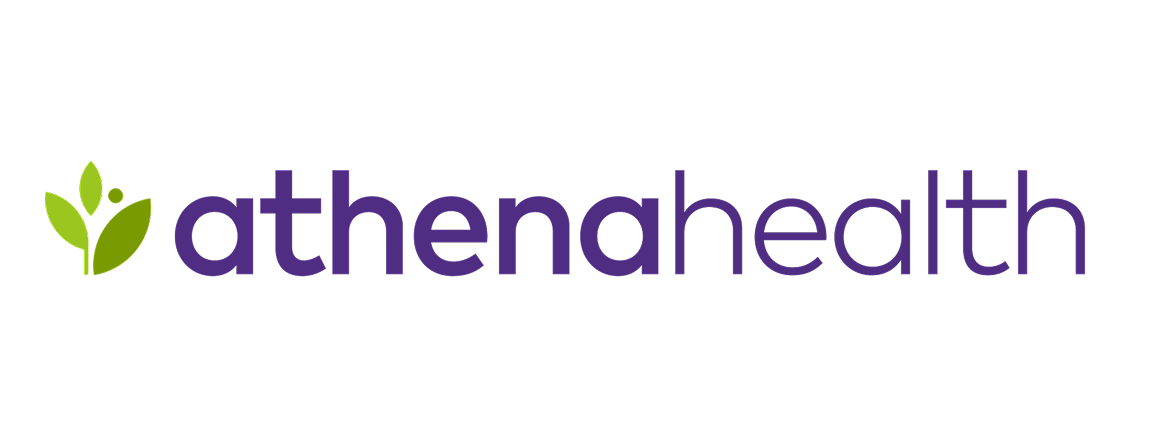Know every patient before the first hello.
Symphony captures histories and delivers a 60-second brief in the chart, so your first five minutes are already done.
1 hour saved each day.

Symphony captures histories and delivers a 60-second brief in the chart, so your first five minutes are already done.
1 hour saved each day.












Last year the average physician spent 173 hours after-hours in the EHR. That's four full weeks stolen from patients and family.
We didn't train a decade for clerical work. So we've teamed up with fellow physicians to reclaim our profession.
What if you never had to ask, "What brings you in today?" Because you already knew.
Symphony listens to the patient, sums up what matters, and drafts your note. You walk in prepared and walk out on time.
Symphony is for the physicians who refuse to be assembly-line workers.
Voice or text that adapts to each response and feels like a conversation, not a checklist.

Key symptoms, triggers, and psychosocial flags in your chart.

Notes that are 95% complete and your visit half done. Now over to you.











Know everything you need before patients have stepped into your office.
Get better patient context so that you can jump to treatments in minute one.
Prioritise your patient list with complete clarity.
Collect standardized symptom scores without coordinator time.
Every consultation is now a Symphony.
Assessments Completed
saved each day
Physicians reclaiming the art of medicine.
Symphony's AI assessments have demonstrated 75% higher accuracy than primary care providers. We have multiple safety checkpoints throughout the assessment process, and all AI suggestions are backed by current clinical guidelines with full citations. You maintain complete control over all clinical decisions.
We offer seamless integration with all major EPR/EMR systems within 24 hours. We also provide a standalone version that requires no integration. Both options come with dedicated technical support and zero disruption to your existing workflow.
We exceed healthcare security standards with GDPR, HIPAA, and ISO27001 compliance. All patient data is encrypted end-to-end and stored in certified medical-grade cloud infrastructure. We conduct regular third-party security audits.
Our practices typically see positive ROI within the first month through reduced administrative time and increased patient throughput. We offer a 30-day money-back guarantee so you can verify the benefits risk-free.
Symphony is actively supporting clinicians across the US, UK, and Europe. We're fully compliant with regional healthcare regulations including HIPAA, GDPR, and local medical device standards. We provide localized support across all time zones.
Before each visit, patients complete an AI-guided assessment through our secure platform. Symphony analyzes their responses and images to create a structured SBAR with differential diagnoses that's 75% more accurate than primary care assessments. You review this comprehensive summary before seeing the patient.